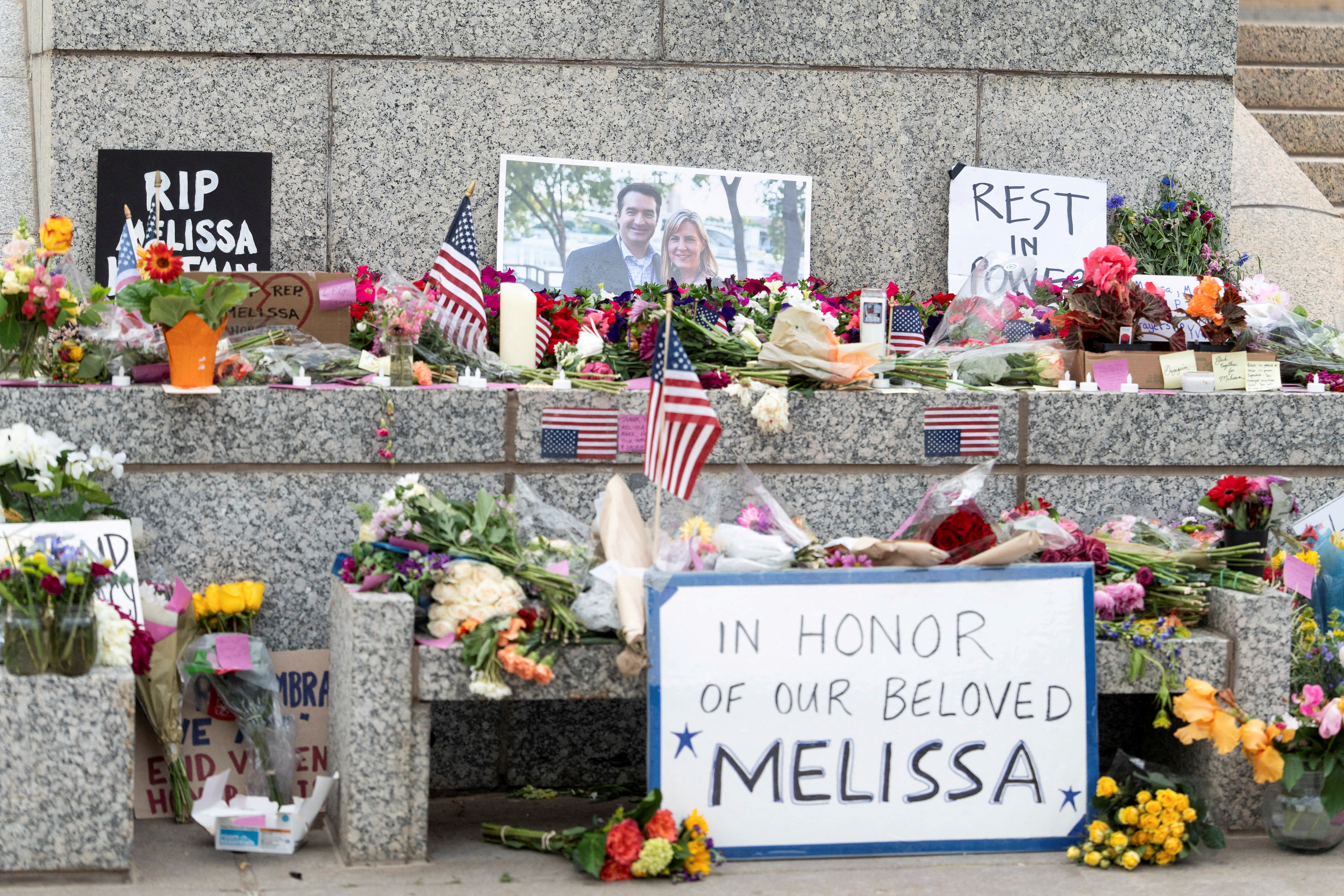In a tragic and unsettling development out of Minnesota, two Democratic lawmakers and their families were targeted in separate shootings last week, resulting in the deaths of former Democratic House Speaker Melissa Hortman and her husband, Mark, in their home early Saturday in the northern Minneapolis suburbs, and serious injuries to Sen. John Hoffman, a Democrat, and his wife, Yvette. Authorities quickly apprehended the suspect, Vance Bolter, who is currently facing charges.
During an interview on AM560’s Chicago’s Morning Answer, hosts Dan Proft and Amy Jacobson spoke with John Hinderaker, president of the Center of the American Experiment, about the political and legal response to the shootings, as well as the broader context of violence in Minnesota politics. Hinderaker suggested that political leadership has contributed to a climate of confusion and instability.
The hosts and guest also raised questions about the suspect’s background, including his past involvement in Christian missionary work, claims of working in private security, and a previous appointment to a state workforce board. However, Hinderaker acknowledged that many facts remain unknown, particularly regarding Bolter’s motive and ideology.
What is known so far from law enforcement is that Bolter left behind a manifesto, which authorities have not yet released, and maintained a list of approximately 70 targets, all of whom were affiliated with the Democratic-Farmer-Labor (DFL) Party or were pro-choice advocates. Investigators have described the suspect as a Trump supporter and Evangelical Christian, though no specific political organization has been tied to the crime.
Despite the political leanings of the suspect, Hinderaker and the hosts emphasized the need for transparency from authorities, especially given the early decision to charge Bolter with second-degree murder rather than premeditated murder—despite evidence suggesting the attacks were planned, including the use of a police disguise and a detailed hit list.
The interview also touched on broader frustrations with the political and fiscal direction of Minnesota, including recent debates over sanctuary state policies and budget shortfalls. While those issues are politically charged, they were not directly linked to the motive for the shootings based on available evidence.
As the investigation continues, questions remain about how to interpret this incident: whether as a symptom of isolated mental illness, rising political extremism, or broader institutional failures. What remains clear is that political violence—regardless of ideology—poses a grave threat to democratic society, and understanding its roots will be critical to preventing future tragedies.





